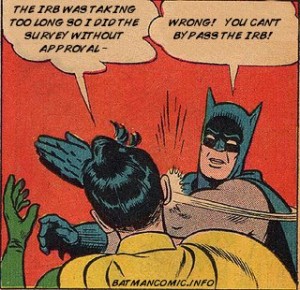In response to unprofessional behavior by another scientist, a marine science colleague recently stated that they were so used to bad behavior in their area of research that they just accepted it as normal, and that they basically had “Stockholm syndrome”. Sadly this all too common, that unprofessional behavior in some fields and areas is so common (whether it be academic bullying and hazing, plagiarizing and stealing ideas and data, or sexism and harassment see The Dark Side of Academia) that it becomes the accepted norm. This is particularly prevalent in fields that are small and insular.
Stockholm, despite its associated syndrome, is really quite lovely


